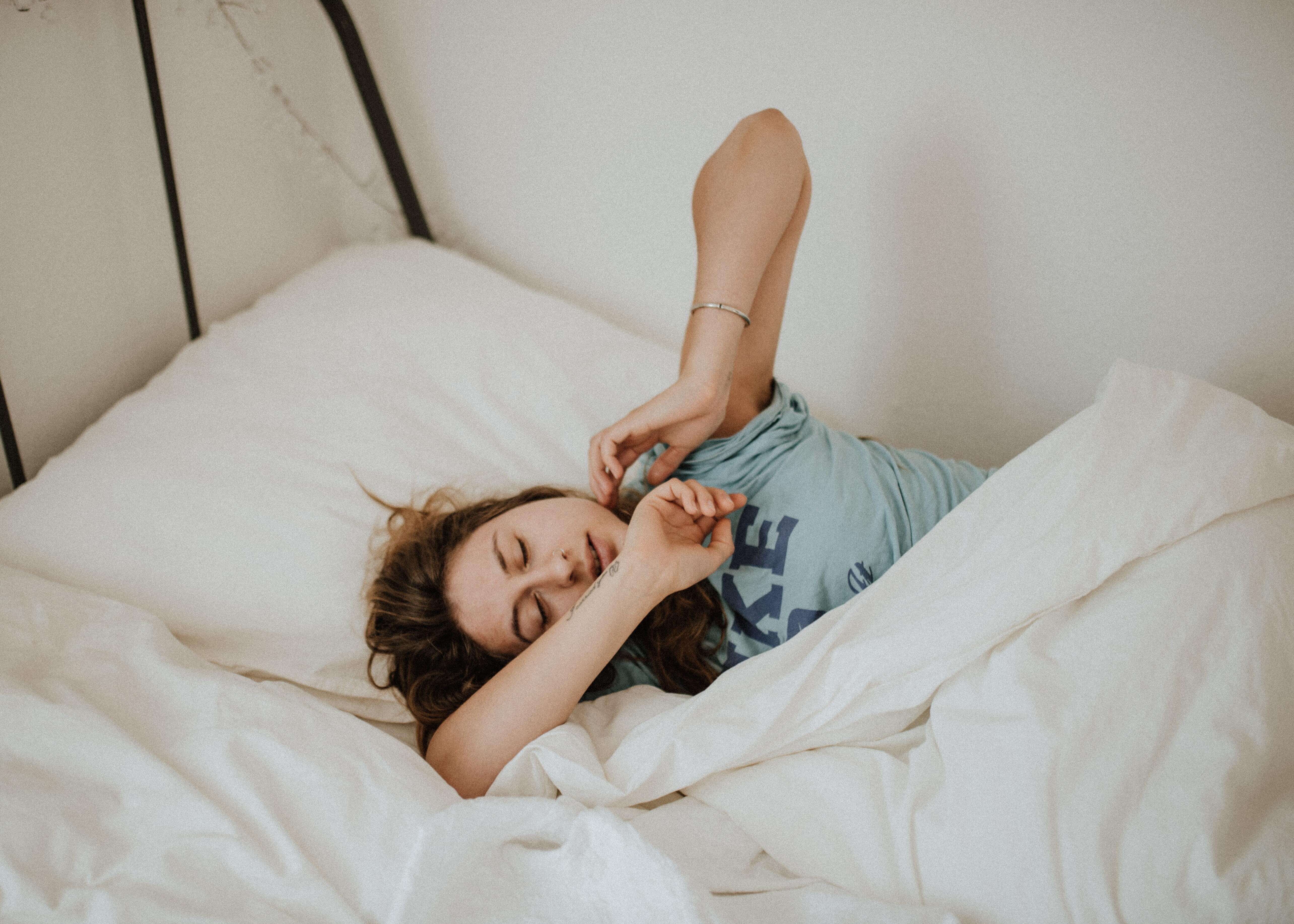
Vitamin D and a great night’s sleep - what is the connection?
A great night’s sleep is something many of us crave in these busy modern times. But so much of the advice on sleep doesn’t put enough emphasis on the nutrient Vitamin D. It's one of the most essential and foundational nutrients for sleep.
BY LORNA DRIVER-DAVIES, HEAD OF NUTRITION
Research consistently shows low levels of Vitamin D are found in those who struggle to sleep. As many of us are low in Vitamin D, it's easy to see why sleep challenges are so common. Of course there may be other reasons why sleep is poor, but a great place to start is looking at how healthy your Vitamin D levels are.
It's especially easy for anyone to become low in Vitamin D, as even good levels can become depleted if they are not continuously topped up.
Women are especially vulnerable as good levels are needed to support female hormones, the menstrual cycle and when looking to conceive, during pregnancy and breastfeeding and when managing perimenopause or menopause. And that is when sleep is even more critical!
So what's the science connection?
Vitamin D plays a major biological role in our circadian rhythm - which regulates our sleep and waking cycles. Vitamin D influences both sleep hormones such as serotonin and melatonin and those needed when awake, such as our energy levels throughout the day.
So think of Vitamin D as a sleep and waking ‘modulator’. Helping you to nod off when you need to at night and then in the morning playing a role in getting you up and having enough energy for your day.
Why do we all get so low in Vitamin D?
Our main way to keep our Vitamin D levels topped up is from sunlight. The type of sunlight we need is best between late Spring and through to early Autumn. So unfortunately walking the dog on a sunny winter's day, doesn't provide enough UV rays to top your levels up.
Only 10% of our intake comes from food, so when we can’t get good access to sunlight, we will have to supplement. The official health guidelines recommend supplementing between Autumn and Spring, yet for many people they will still need to supplement in the summer months.
Vitamin D insufficiency and deficiency is alarmingly common as we absorb and retain Vitamin D differently, and our optimum levels varies at differing life stages.
To help ensure the optimum absorption when supplementing your levels, at Wild Nutrition we only use a special naturally biologically active form of Vitamin D called D3 to help increase your levels.
Times we need to increase our Vitamin D levels
For women it is important to review your Vitamin D levels if you are managing a gynaecological condition, supporting your fertility, or if you're pregnant, breast-feeding, perimenopausal or menopausal.
All those lifestages heavily rely on excellent Vitamin D levels and healthy sleep. For example, poor sleep can negatively affect becoming pregnant, or producing enough milk in breastfeeding, and disrupted sleep worsens menopause symptoms.
If you have noticed your sleep is poorer since recovering from illness or infection, it could be that your Vitamin D levels were gobbled up by the immune system to fight or heal. Therefore even if you are supplementing, you could need a higher dose to get you back to where you were and get your sleep back on track.
Another reason Vitamin D can improve sleep is that at low levels it can influence our mood and the feeling of anxiety. Not feeling great can affect both how easy it is to fall asleep and how well we stay asleep.
Anxiety and low mood often result in a 'racing mind' making it hard to settle or switch off.
Our expert Nutrition team can advise you on understanding your Vitamin D levels and how much is safe to supplement. You can book a free 15 minute Video Consultation here
Wild Nutrition's Vitamin D Scientific Study












